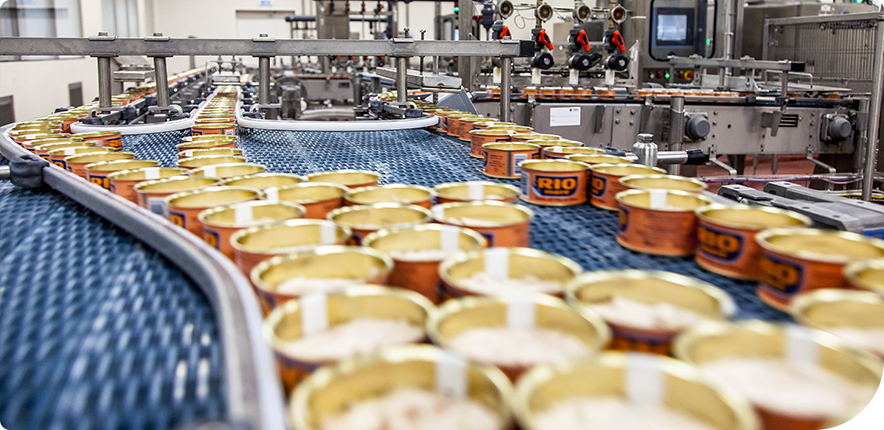Goal
To have factories and supply chain with the lowest possible environmental impact.
Sustainable Production
We recognize that all human activities have an impact on the environment and its resources.

Goal
To have factories and supply chain with the lowest possible environmental impact.
We recognize that all human activities have an impact on the environment and its resources.
